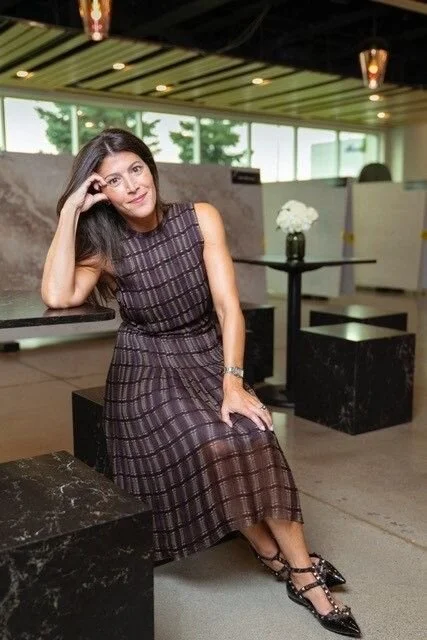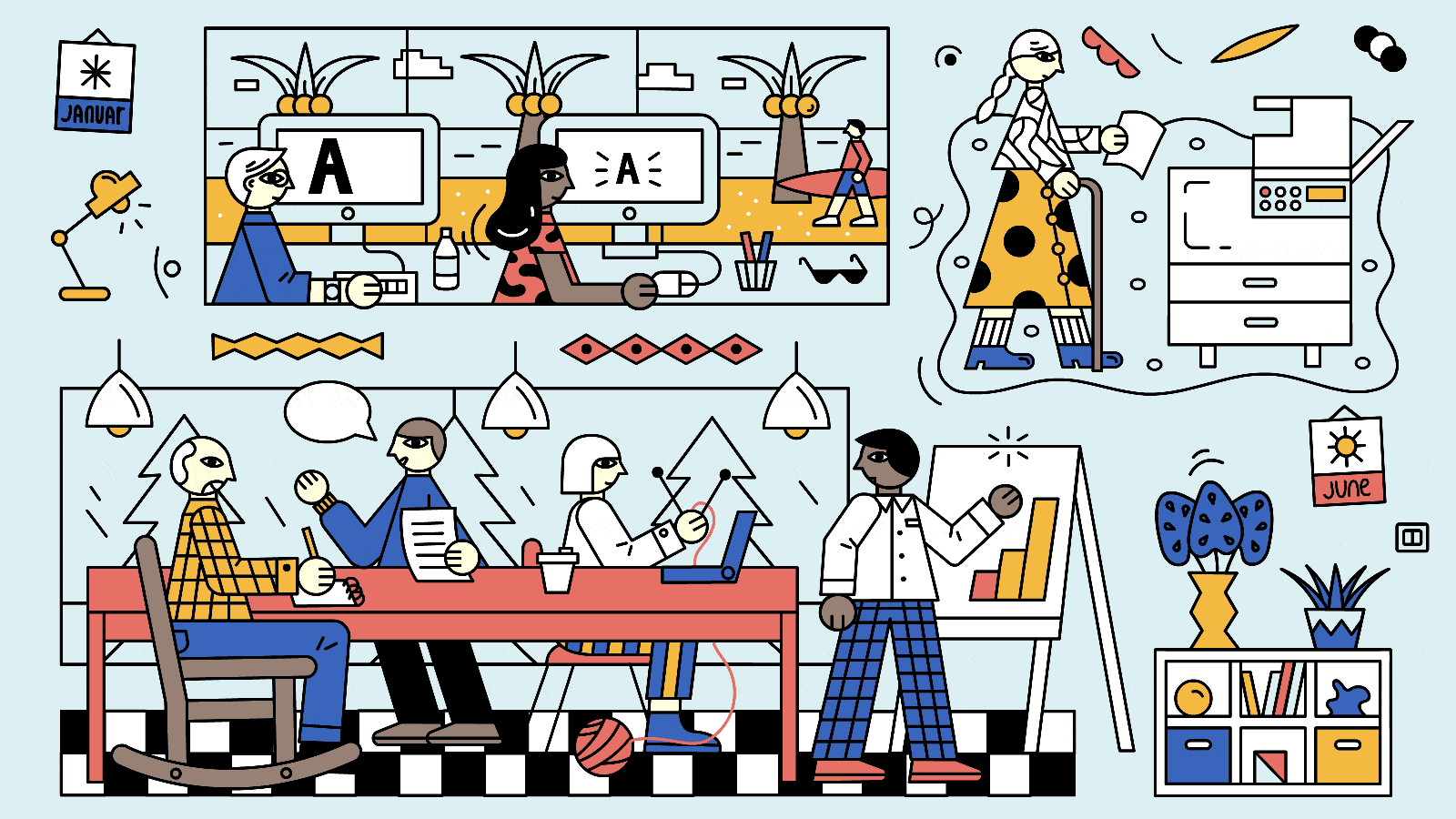We also talk about the outliers of workplace design, how we live alongside technology and the true nature of Millennials.
The dreaded open office is driving workers to do this
The pod — a small, free-standing box or space that is typically soundproof and designed to fit just one or two people — is taking over our offices, airports and other public spaces.
The Effects Of Feng Shui On Workplace Design
An analysis of feng shui techniques that are compatible with today’s emphasis on providing spaces that promote health and well being in the workplace.
Artificial Intelligence Humanizing The Places Where We Will Work
Coworking Megatrend Predictions For 2019 (And A Bombshell)
Groundbreaking study links productivity to air quality
Study revealed that an increased intake of CO2 can lead to poor decision making, slower reaction times and increased tiredness among employees.
A brief history of workplace disruption
The first recognisable swivel chairs were developed by the likes of Thomas Jefferson, Albert Stoll and Peter Ten Eyck.
Perennials, not millennials, will trigger the next wave of talent retention efforts
In the 30-year span from 1994 to 2024, workers aged 55 and older will go from being the smallest segment of the US working population to the largest, according to the US Bureau of Labor Statistics.
Got a messy work desk? Study reveals what your coworkers really think of you
What does a worker’s messy desk signify to the greater office? Unfortunately, far more than just an inability to organize bobbleheads or throw away empty La Croix cans.
Designing The Awe-Factor: How To Create Workplaces That Evoke Emotions
How to create an aesthetic “wow” factor that inspires creativity, attracts new employees, and supports retention.
The Office As A Clubhouse
How the modern office has transformed from a siloed environment to an amenity space, acting as an enticing venue for employee activities, benefits, and interactions.
The growing urbanization of work and workplaces
What becomes apparent in both is that the most interesting aspects of human interactions take place in ritualized and predictable forms and that the best spaces can foster those interactions.
How Europe’s cities are embracing flexible space
For growing numbers of employees across Europe’s big cities, heading into the office no longer entails sitting at the same desk, next to the same colleagues each day.
How apps are adding value to the digitally-driven workplace
People spend at least two hours a day using apps. But so far this US$1.3 trillion market has barely serviced the place they spend most of their waking hours: the workplace. That’s starting to change.
Sit-stand desks are your new flexible friend when it comes to boosting brain power
A new study from the Institute of Cognitive Neuroscience at the University College of London concludes that we work better when we’re allowed to go for a bit of a wander around the office.
Work Socially or Socially Working?
Two new studies set out business case for contemporary office design
A consistent theme throughout the research was a desire amongst office workers for more informal spaces for working and collaborating, and also private spaces for concentrating and taking telephone calls.
Majority of office workers discontented with workplace environment
With three-quarters (76 percent) of office workers agreeing that a well-functioning and attractive office workplace would encourage better staff retention, the study demonstrates a link between the office workspace, the people in it, and their inclination to stay put.
Are you ready for the world of agile working we will experience in the 2020s?
Agile Working is more than a project it is a cultural journey involving continuing change to achieve continuous improvement. Agile Working is moving on.
Do we need a digitally enabled workplace?
Wearable tech is less effective in motivating the older workforce – perhaps what we need is a digitally enabled workplace that supports us as we age.

























